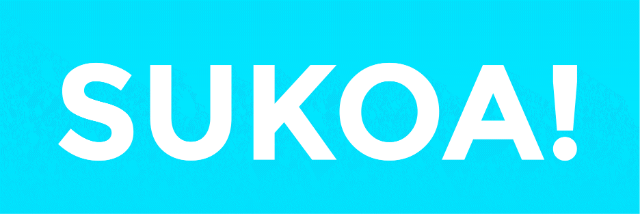Das IRAN Update
Seit dem Tod der 22jährigen Kurdin, Mahsa Jina Amini setzen täglich tausende Menschen in Iran ihr Leben aufs Spiel. Aus den Protesten, die im September begonnen haben, hat sich eine Revolution entwickelt. Seither strömen jeden Tag neue, schreckliche, aber auch beeindruckende News über Twitter, Instagram und TikTok zu uns. Den Überblick über die aktuelle Situation in Iran zu behalten, ist eine Herausforderung.
"Das IRAN Update" setzt genau da an und verschafft einen wöchentlichen Rückblick auf die Geschehnisse in Iran. Die Hosts, Gilda Sahebi und Sahar Eslah, besprechen die wichtigsten Themen, werfen einen kritischen Blick auf Kommentare von Expert*innen, Journalist*innen und Politiker*innen und erklären politische und geschichtliche Zusammenhänge.
Eine Produktion von 190p GmbH.
Weil es uns von Radio X wichtig ist, unsere Hörer:innen regelmässig und mit der nötigen Tiefe über die Lage im Iran zu informieren, haben wir bei Gilda Sahebi und Sahar Eslah angefragt, ob wir ihren Podcast ausstrahlen dürfen. Du hörst ihn ab dem 2. Dezember jeweils freitags um 14 Uhr auf Radio X. Herzlichen Dank an dieser Stelle an alle Beteiligten.

Alle Podcast-Folgen zum Nachhören

All Dey von Kwaku' Reez' Opoku - Episode 4
This ideal State is functional and transparent, provides welfare benefits to its citizens, but fights off foreigners messing with their vibe. However, this State’s desires are deeply rooted in an attachment to a (fictional) national identity and a resentment towards the Other. This Other is both the “better-off” Other (rich Northern Europeans) and the disenfranchised Other (refugees and migrants). The latter, of course, is the easiest to attack and blame for all the ills of the world. von Danielle Bürgin
Being constantly othered makes it extremely easy for ‘locals’ to be hostile towards you, the “foreign bodies,” and controlled. The modes of control – prisons, ghettos, minoritizing, schooling, policing - are ways to ensure the ascendancy of a nation and its white elite. They often go hand in hand with strategies of internal colonialism, such as segregation, divestment, surveillance, and criminalization, which are both structural and interpersonal. This othering makes it extremely easy to create a void and avoid. They foster insanely cold interactions that allow nothing new
to grow. This episode points fingers at these moments and attempts to devise ways to slowly break down these structures and modes of control.
Episode Credits:
Kea Boccomino
Reported by Kwaku’ Reez’ Opoku Original music by Reez & Kxlab


.png/jcr:content/magnolia-medium.png)

